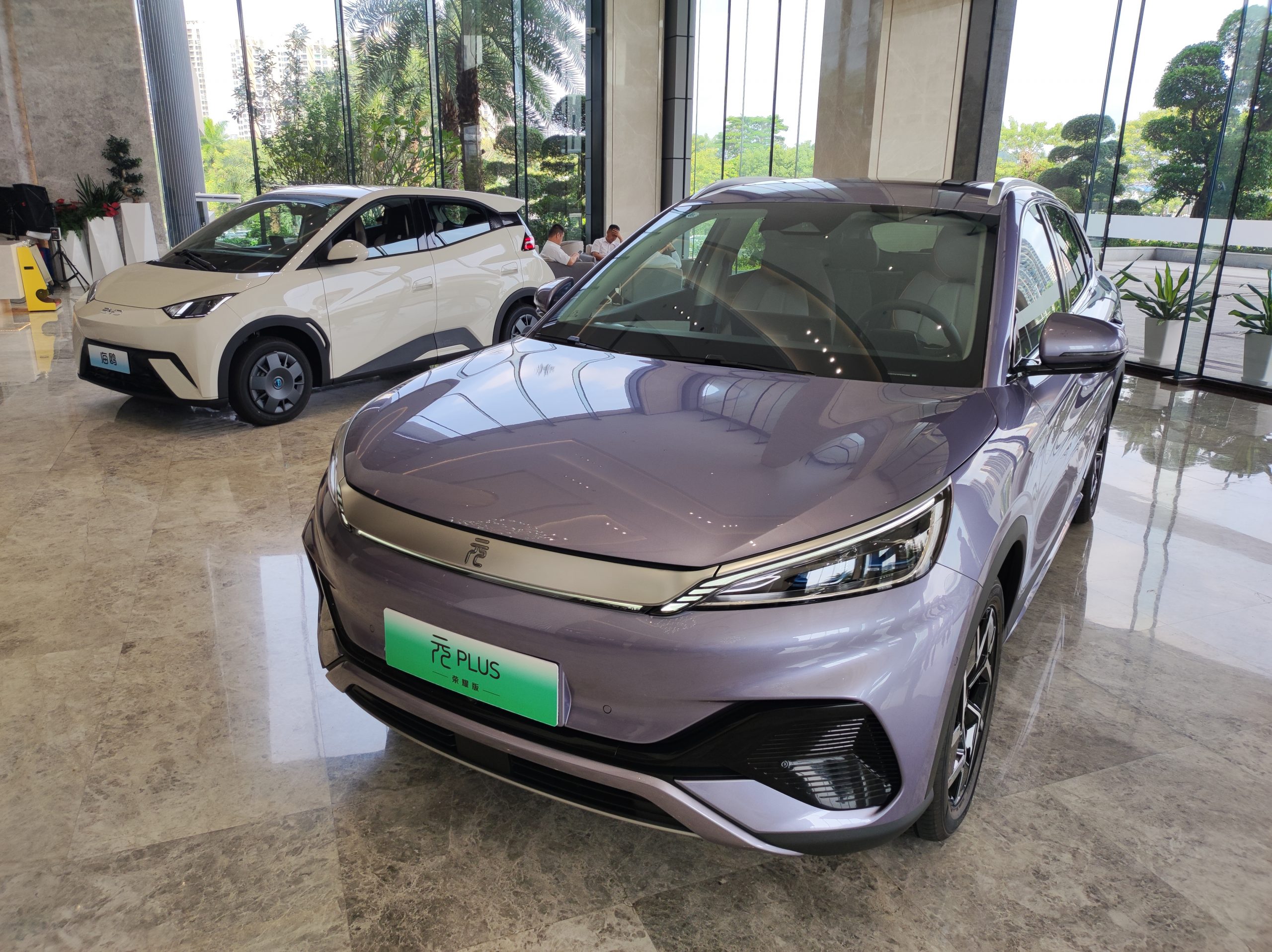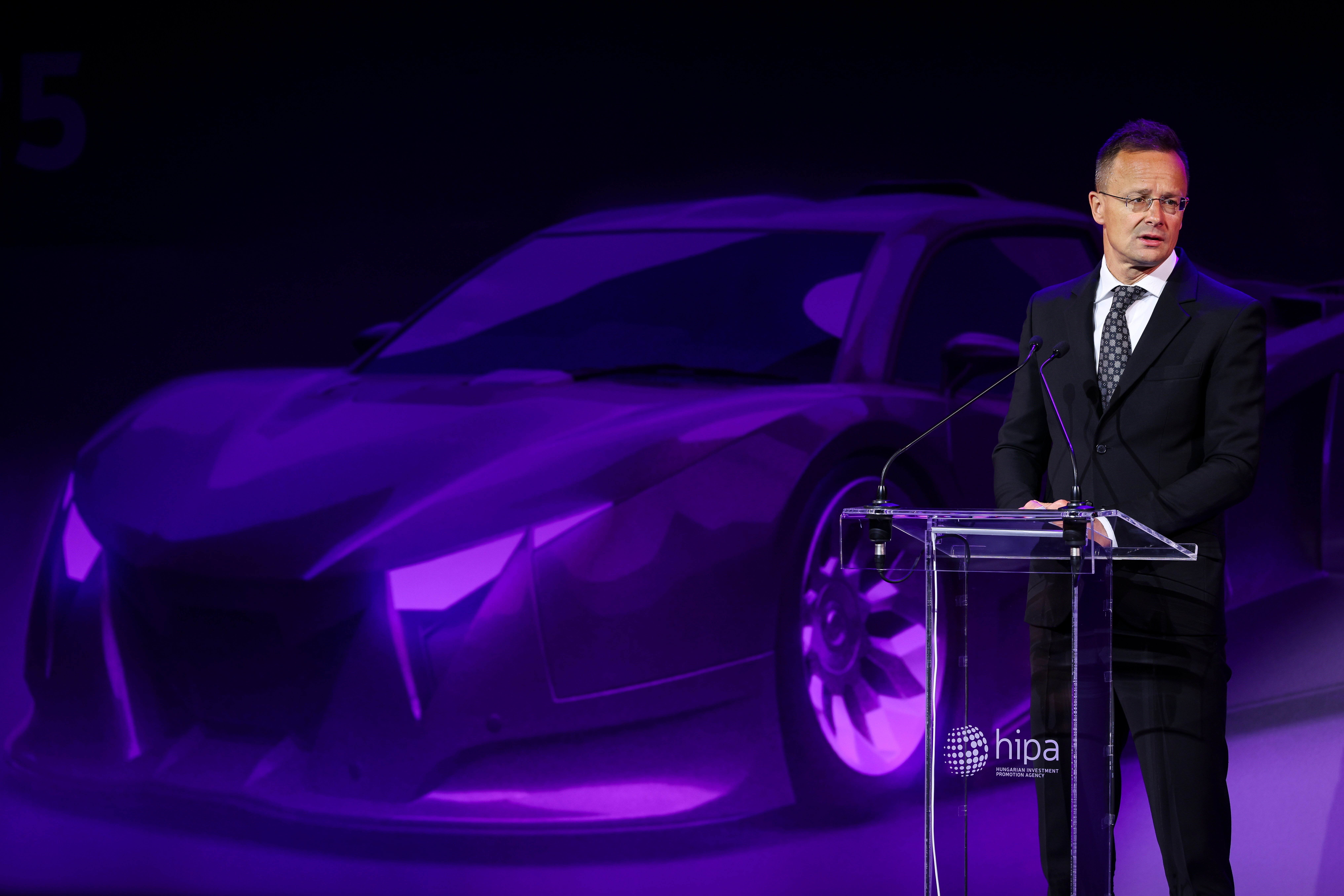
61% of Hungarian drivers are open to buying an electric car next time.Continue reading

The Hungarian automotive industry has managed to maintain its performance despite global difficulties and remains the driving force of the domestic economy, said Péter Szijjártó, Minister of Foreign Affairs and Trade, on Tuesday in Budapest at the opening of the Automotive Conference.
The Minister recalled the extraordinary challenges of recent years, which have had a particularly severe impact on the European Union due to a number of misguided political and economic decisions. “Over the past few years, Europe has lost its security, significantly impaired its competitiveness, and virtually lost its weight in world politics,” he said. He also pointed out that this was the result of bad decisions that prolonged the war in Ukraine and destroyed the previous economic growth model based on a combination of Western technology and Eastern energy sources.
He explained that as a result, companies now have to pay two, three, or even four times more for energy in Europe than their competitors in the U.S. or China, and that the European Commission could deliver the “final blow” by banning imports of Russian energy sources.
Péter Szijjártó also criticized the fact that the decisions made in Brussels have isolated the EU politically from other major players in the global economy, adding that the most serious mistake was the…politicization of economic issues. “The European economy has paid the price, European companies have paid the price, and the European people have certainly paid the price. I believe that the automotive industry is the number one and classic proof that there is no alternative to normal global cooperation,” he explained.
If this global cooperation is cut off for political reasons, based on a political approach, then serious problems will arise. And the biggest loser of the political approach that ultimately hinders global cooperation in the automotive industry is the European automotive industry itself,”
he underlined.
The Foreign Minister believes that the future of the automotive industry undoubtedly lies in electromobility, and although the speed of the transition may vary, the decisions have already been made and there is no turning back. “However, in this great technological revolution, the European automotive industry can only be successful as part of global cooperation,” he warned.
He then emphasized that Hungary is an excellent example of how to make the automotive industry successful, as the country has become an important meeting point for companies from the East and West in this sector.
There is no alternative to East-West cooperation in the automotive industry. If you come to Hungary, you can see that large German and Chinese factories are being built at the same time, and in many cases right next to each other,”
he said. “The closer German and Chinese companies work together in Hungary, the better for us. We do not want blocs, we want normal global cooperation aimed at achieving mutual benefits,” he added.
Mr. Szijjártó welcomed the fact that BMW will start production in Debrecen (eastern Hungary) in September, while Mercedes will soon create its largest plant outside China by connecting its two factories in Kecskemét (central Hungary). In addition, he said that Audi is also working at full capacity in Győr (northwestern Hungary), Stellantis in Szentgotthárd (western Hungary) is struggling to keep up with orders, and Suzuki is carrying out a complex factory development project in Esztergom (north of Budapest) with government support.
He also mentioned that China’s BYD is building its first European factory in Hungary, and five of the ten largest electric battery manufacturers in the East have decided to set up operations here.
Soon, our annual capacity will be more than one million cars and more than two million engines, and we will have the world’s second-largest electric battery manufacturing capacity,”
the Minister said. He highlighted that the production value of the domestic automotive industry was HUF 13,700 billion (EUR 33.9 billion) last year and that the state has supported 244 major investments in the sector over the past eleven years.
Via MTI, Featured photo via MTI/Hegedüs Róbert